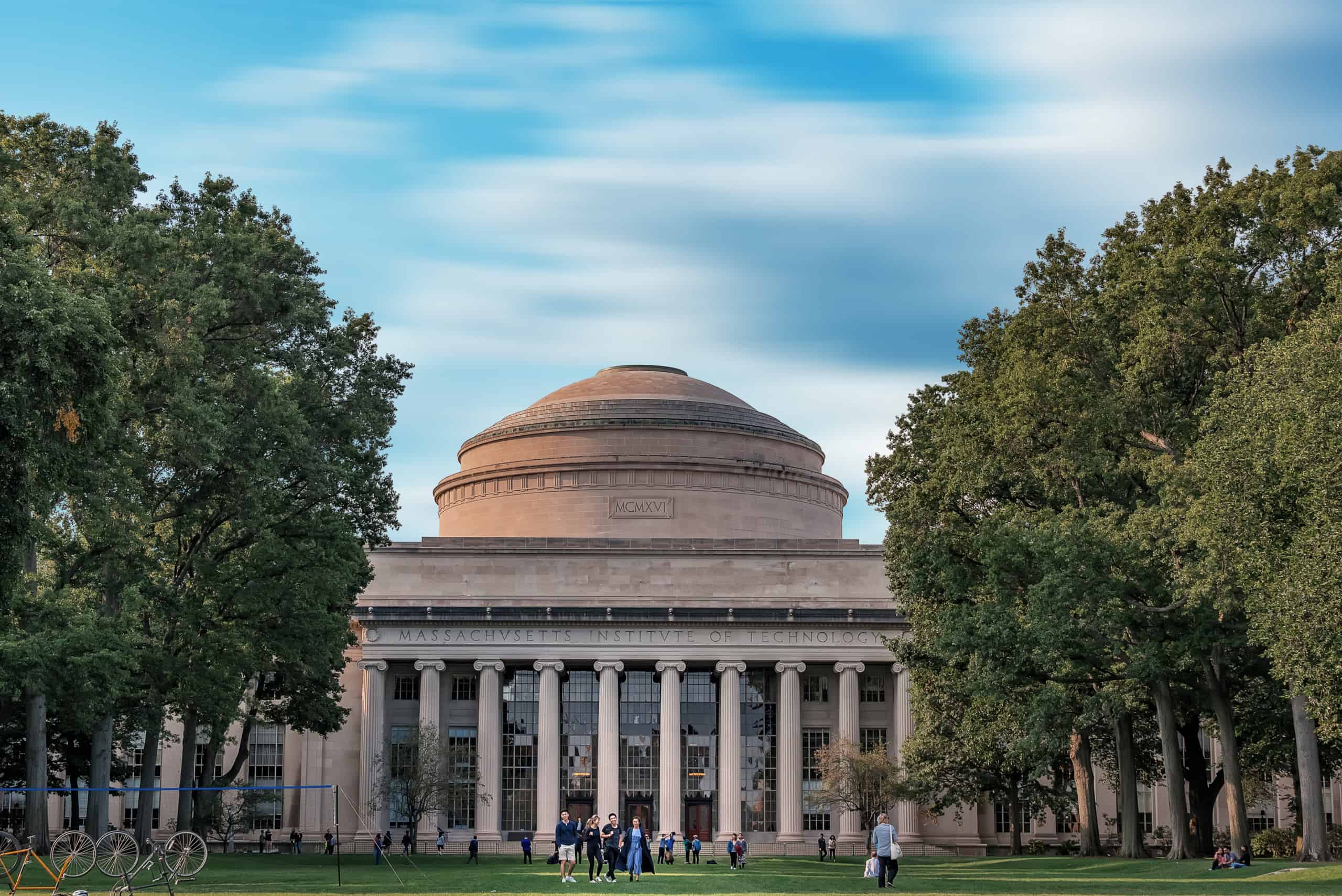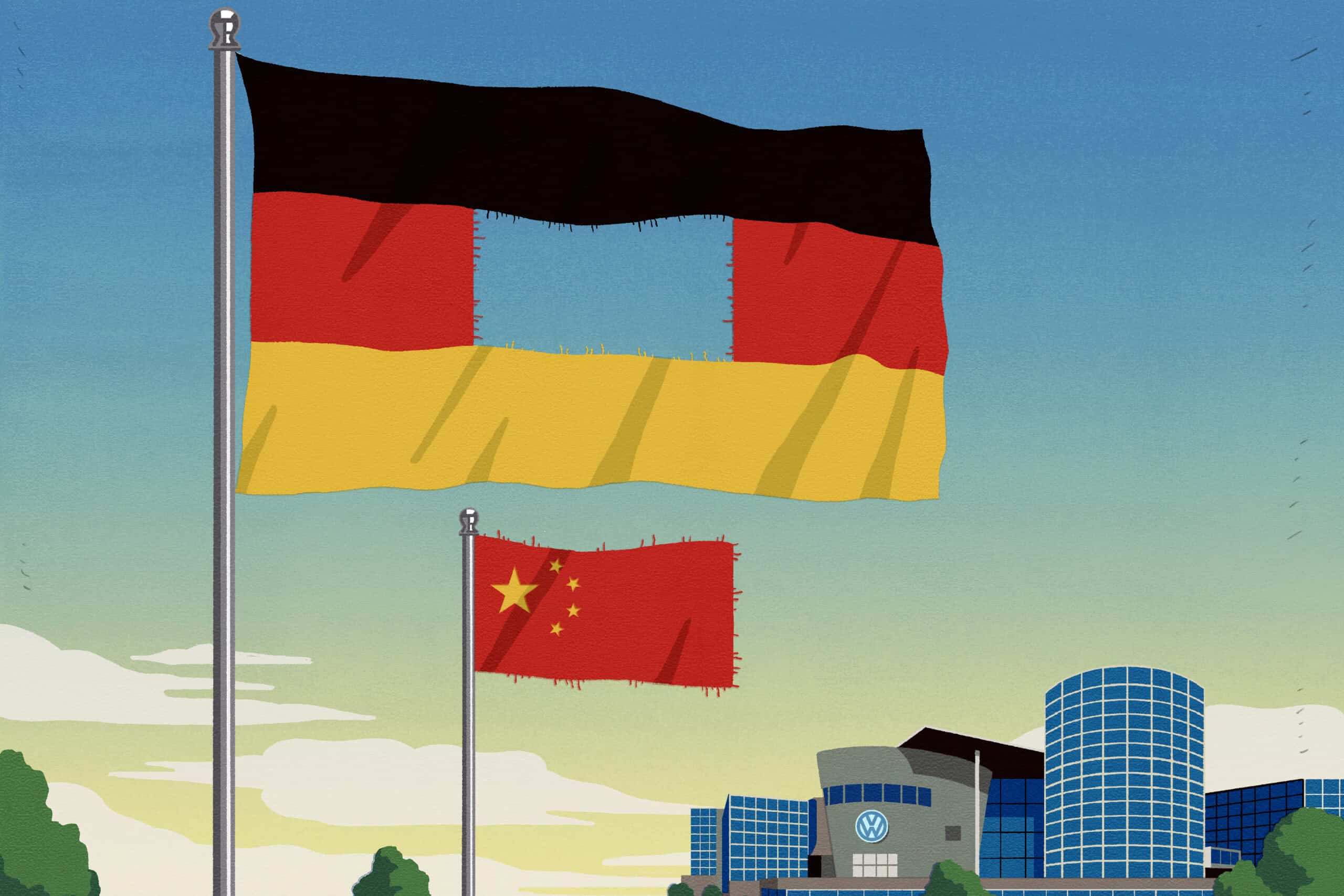
Credit: Ken Lane, Creative Commons
The ongoing deterioration in the U.S.-China relationship has left America’s research universities scrambling to adjust. After decades of building ties with China, universities are unsure how to deal with the growing calls to decouple the U.S. and Chinese economies, especially in science and technology. If they fail to respond to anxieties in government and industry over technology leakage to China, and to American concerns over President Xi Jinping’s increasingly repressive regime, its human rights violations in Xinjiang, Tibet, and Hong Kong, and the Chinese military buildup in East Asia, public support for the universities’ key role in the U.S. research and innovation system will erode.
But the wrong response could end up badly damaging the roots of American scientific and technological strength, including the openness of our universities to dynamic young researchers from China and elsewhere.
A comprehensive dialogue between America’s research universities and the federal government is urgently needed. The goal should be to forge a set of core principles to guide American research university interactions with China, and a strategy that addresses real-life situations.
The immediate need is for greater clarity and better coordination on how to assess and report on foreign funding. Government research agencies should set clear guidelines for university researchers to disclose foreign funding and relationships when applying for federal grants, and should advise on how that information will be used. Universities should put in place internal risk reviews of proposed research projects and should strongly encourage full disclosure of researchers’ related activities. To help clear the air, the government would do well to adopt an amnesty program for academic researchers to report past foreign funding without fear of punitive action for their disclosures.
If we continue down this path, the result will be to weaken American science and technology, which has thrived on its openness and ability to attract the world’s best young scientists.
More fundamentally, a policy is needed on the core question of whether any kind of collaboration between U.S. universities and counterparts in China is desirable given China’s emergence as America’s primary technological, economic and strategic rival. Any scientific collaboration that might help the Chinese regime to deploy advanced technologies against its own people, or against the U.S. in future military confrontations, is unacceptable.
But what about cooperation in fundamental research, or in critically important fields related to climate change, or research on food safety or infectious diseases, where the two countries have common interests and complementary expertise? The world would benefit from such progress.
Hardly any U.S. university research is secret, and most of the technical knowledge that is accessible to Chinese academic researchers and others is publicly available. It can be acquired lawfully in the classroom and from scientific publications and ordinary scientific collaborations. But the government is concerned that U.S. university campuses — committed to open communication and to welcoming students and researchers from all over the world — offer easy pickings to Chinese spymasters. Government officials have repeatedly warned against China’s use of ‘non-traditional’ collectors of information — students, faculty, and visiting scientists — to extract the latest academic discoveries in the U.S. and other Western countries.
The recent publicized arrests of several high-profile scientists, including Americans of Chinese background as well as Chinese nationals, were clearly intended to send a message to U.S. universities to take the government’s fears seriously. But the arrests have sparked accusations on some university campuses that the government is criminalizing normal scientific and academic exchange. They have also convinced some outstanding young Chinese scientists at U.S. universities to pursue careers in other, more welcoming countries. Other actions under consideration would prevent Chinese students from participating in certain kinds of research projects or studying certain fields, or even coming to U.S. universities at all.
If we continue down this path, the result will be to weaken American science and technology, which has thrived on its openness and ability to attract the world’s best young scientists. Universities should push back vigorously against measures that will have this effect. But this pushback should not be confused with a lack of concern over national security.
Most university leaders recognize that President Xi’s ambition to dominate the most important technology sectors of the 21st century, pursued as part of an increasingly repressive domestic agenda and in support of an expansionist foreign policy, presents a grave long-term threat to the security of the United States. Some of China’s efforts to acquire technologies from U.S. universities — legally or otherwise — pose a security problem for this country.
A comprehensive dialogue between the universities and all of the key agencies of the federal government including the U.S. departments of Justice, State, Commerce and Defense, and the research funding agencies, coordinated by the White House and linked to the government’s broader review of China policy, would allow each to better understand the concerns of the other. It would allow the government to show how the Chinese authorities are using U.S. universities to acquire technologies, and it would allow the universities to explain where flexibility is possible and which principles are inviolable in developing a response. For example, a refusal to permit discrimination on their campuses based on nationality or ethnicity; or a refusal to screen prospective student or faculty recruits on the basis of their political views.
It would also enable the universities to articulate the principles governing their engagements with Chinese partners — for example, a refusal to allow such cooperation to contribute to the further erosion of human rights in China. Most important, such a dialogue would enable the universities to make clear that there is no contradiction between their interests as academic citizens of the world and as institutional citizens of the United States. Both sets of interests are served by openness, independence, and the freedom to attract, educate, and work with the world’s finest young minds.
Two decades ago, the American scholar Perry Link, an authority on China, coined the metaphor of the anaconda in the chandelier to describe how self-censorship works in China — the unseen but sensed presence of a giant snake coiled overhead, deterring freedom of expression and initiative without needing to move. In recent years, as the snake has grown even larger and more intimidating, the contrast with the independence, openness, and innovativeness of American universities has grown more pronounced. As the technological contest with China intensifies, a clarifying dialogue between U.S. universities and the federal government on the terms of scientific engagement with China will help prevent the erosion of these vital advantages, as well as any need for American researchers to be glancing up at their own chandelier.

Richard Lester is associate provost for international activities and professor of nuclear science and engineering at the Massachusetts Institute of Technology.



